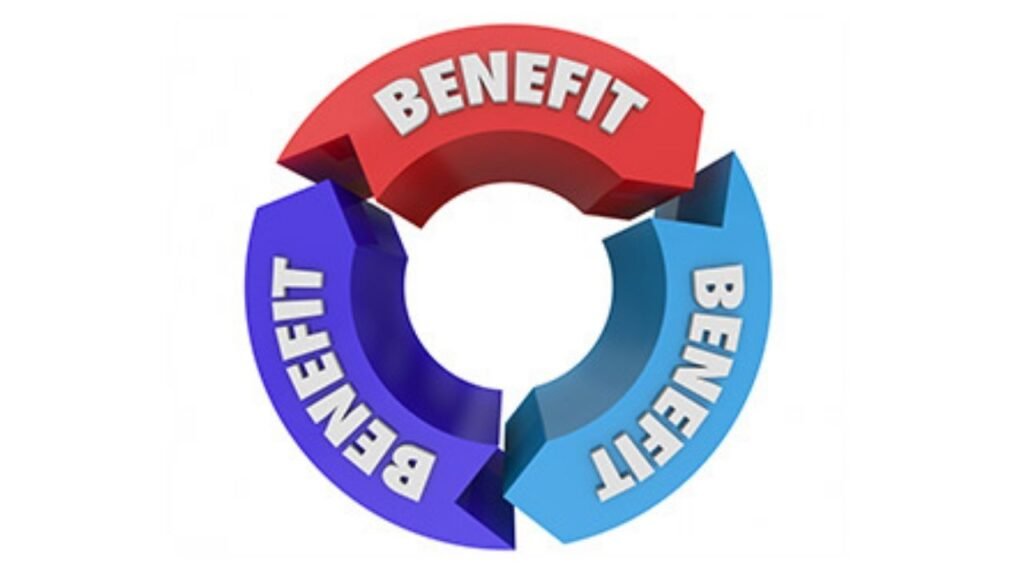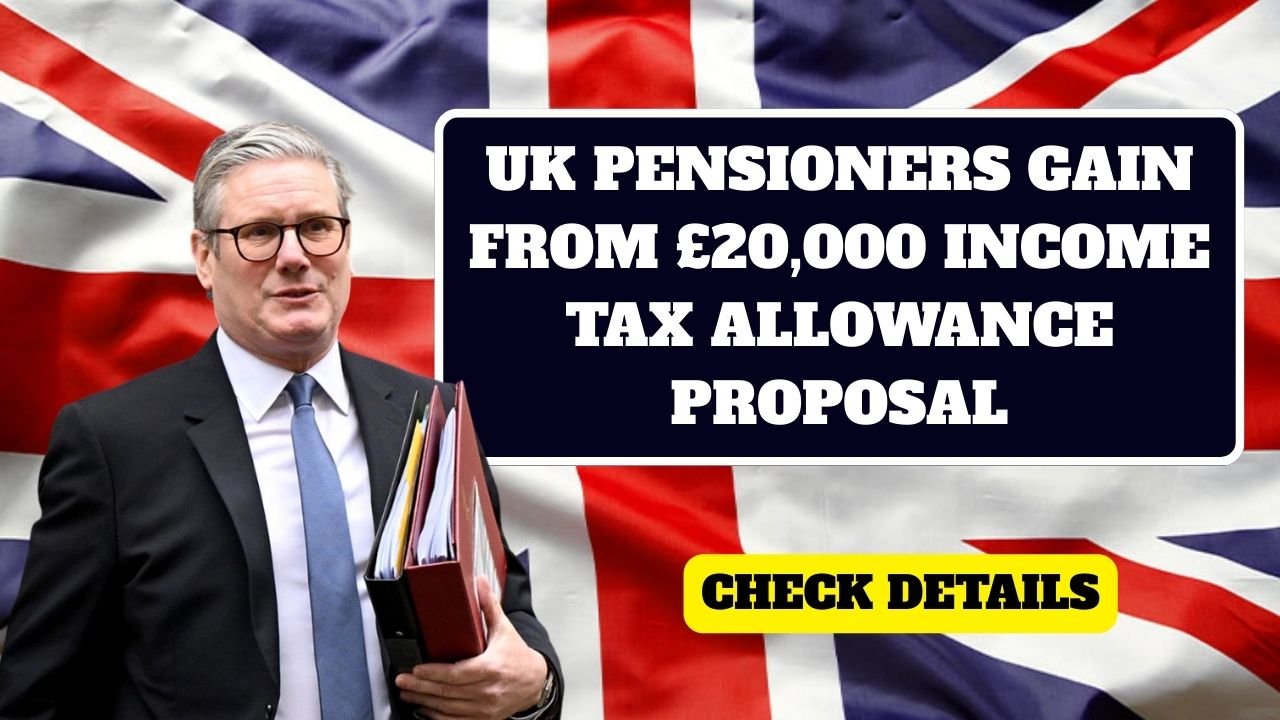The UK government is thinking about a main policy change that would extensively benefits of millions of pensioners. A proposed growth in the private profits tax allowance to £20,000 is currently under evaluate, aiming to ease financial pressures on retirees who rely on constant earning.
If authorized, this would imply that pensioners and certainly, all taxpayers may want to earn up to £20,000 yearly with out paying any earnings tax. With the rising cost of living, inflation, and developing healthcare payments, the flow is seen as a potential lifeline for older residents suffering to stability their budgets.
What is the Proposed Tax Allowance Increase?
The UK’s personal allowance the profits level under which no profits tax is paid is presently £12,570, frozen for the reason that 2021 notwithstanding excessive inflation. This has pushed many pensioners and coffee earners into paying tax on modest incomes, including State Pensions or element-time wages. Raising the allowance to £20,000 could allow retirees and occasional-profits employees to preserve more of their earnings, probably saving fundamental-payment taxpayers up to £1,486 yearly.
| Detail | Information |
|---|---|
| Current Personal Allowance | £12,570 |
| Proposed New Allowance | £20,000 |
| Estimated Annual Savings (Basic Rate) | Up to £1,486 |
| Petition Initiator | Alan David Frost |
| Petition Signatures (Sept 2025) | Over 281,000 |
| Status | Eligible for Parliamentary debate |
| Government Stance | No plans to implement; cites fiscal concerns |
| Estimated Treasury Cost | £40–50 billion annually |
| Primary Beneficiaries | Pensioners, low earners, middle-income workers |
| Potential Risks | Reduced public service funding, tax hikes, inflation |
Why is the Proposal Gaining Traction?
The non-public allowance freeze in view that 2021 has squeezed pensioners and coffee earners. As State Pensions rise with inflation, many retirees now face taxes, negating the benefit of pension increases. The petition argues that a £20,000 allowance would restore fairness, ensuring pensioners and workers preserve extra profits to deal with rising living costs.
Benefits of Raising the Allowance to £20,000

This reform ought to considerably improve financial stability for millions:
- Relief for Pensioners: Many could no longer pay tax on their State Pension.
- More Take-Home Pay: Low earners ought to benefit hundreds of pounds yearly for essentials.
- Support for Middle-Income Workers: Those incomes simply above £12,570 would see fantastic financial savings.
- Reduced Benefit Dependency: Higher disposable income should lower reliance on welfare.
The proposal benefits now not simplest pensioners however additionally low- and middle-income people struggling with payments.
Challenges and Concerns
The idea faces vast limitations:
- High Cost: The estimated £40–50 billion annual cost to the Treasury ought to pressure public payment range.
- Public Service Risks: Reduced sales would possibly lead to cuts in services just like the NHS or schooling.
- Inflation Risks: Increased disposable profits ought to gasoline inflation if supply problems persist.
- Alternative Taxes: To offset losses, the government would possibly enhance VAT or National Insurance, moving the tax burden.
Government’s Position
As of September 2025, the government has no plans to under the £20,000 allowance, bringing up economic balance worries. However, with the petition surpassing 100,000 signatures, it qualifies for Parliamentary debate. Public pressure may additionally affect destiny tax policy opinions.
How the UK Personal Allowance Works
The personal allowance (£12,570) exempts profits from tax up to this quantity. Earnings above it are taxed at varying costs. For high earners (£100,000 ), the allowance tapers, disappearing at £125,140. Additional reliefs, just like the Marriage Allowance, can lower taxes for eligible couples. A £20,000 allowance might exempt millions from profits tax, in particular reaping rewards those on constant or low earning.
Key Impacts
Who Benefits Most?
- Pensioners reliant on State Pensions.
- Part-time workers on minimum wage.
- Young professionals in entry-level jobs.
- Families just above welfare thresholds.
- Individuals earning under £20,000 annually.
Potential Drawbacks
- Significant government revenue loss.
- Risks to funding for public services.
- Possible increases in other taxes.
- Inflation concerns from increased spending.
Conclusion
The proposed increase in the personal earnings tax allowance to £20,000 represents a potentially transformative step for UK pensioners. By allowing retirees to keep greater in their profits tax-free, the policy should offer significant comfort in the course of a time of growing dwelling expenses and financial uncertainty.
If carried out, it’d not most effective aid pensioners but also offer wider economic benefits to low- and middle-profits households throughout the United Kingdom. However, as with any major economic coverage, its long-term period impact on government sales and monetary equity will be intently watched.
FAQ’s
Is the £20,000 allowance in impact?
No, it’s a proposed reform eligible for Parliamentary debate but now not yet coverage.
Why hasn’t the allowance extended?
The freeze due to the fact that 2021 aimed to stabilize finances publish-COVID amid inflation, however it’s been criticized as expenses rise.
How much could someone save?
Basic-payment taxpayers ought to store as much as £1,486 according to year with a £20,000 allowance.
Would all pensioners benefit?
Most would, in particular those with State or small personal pensions presently taxed.



